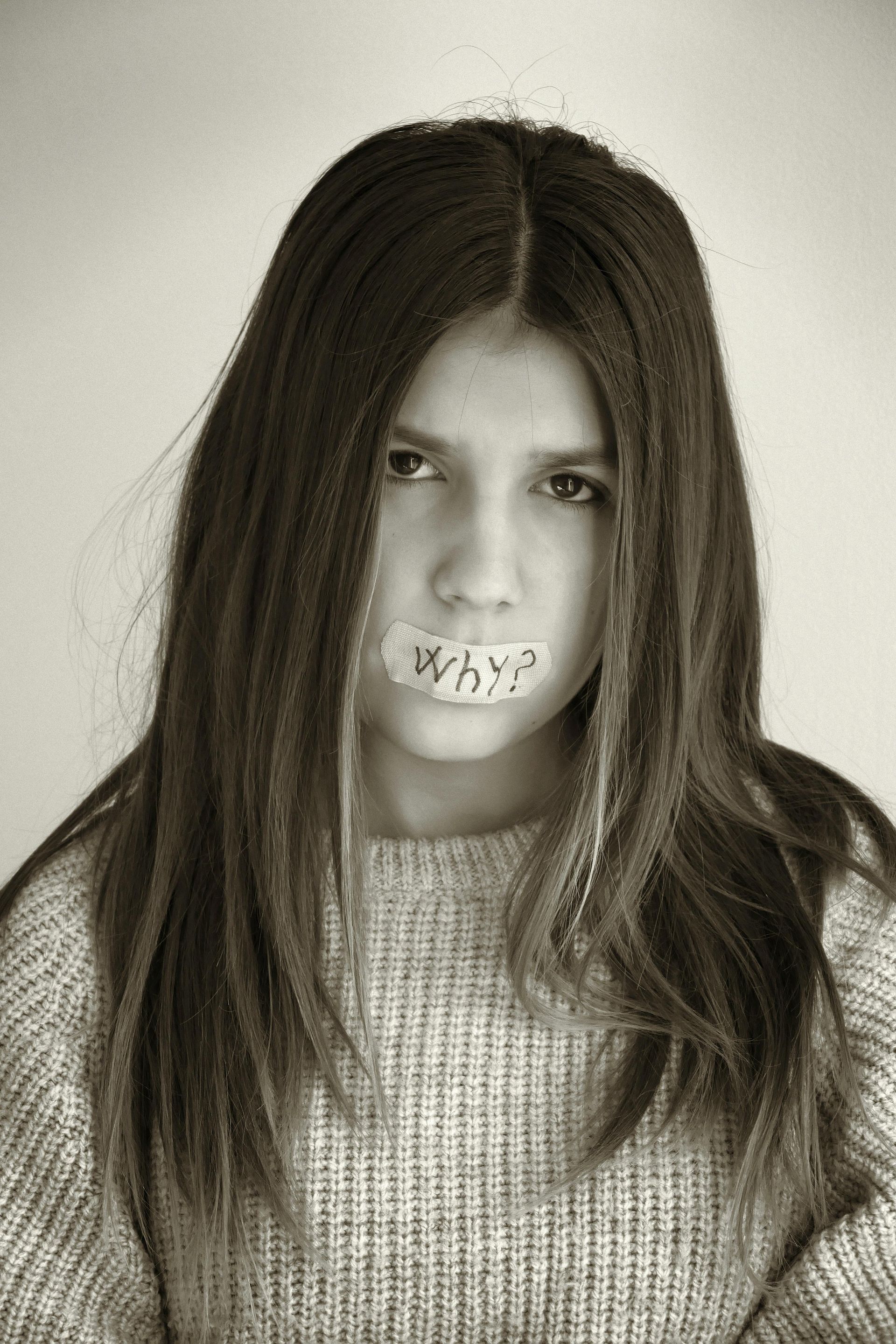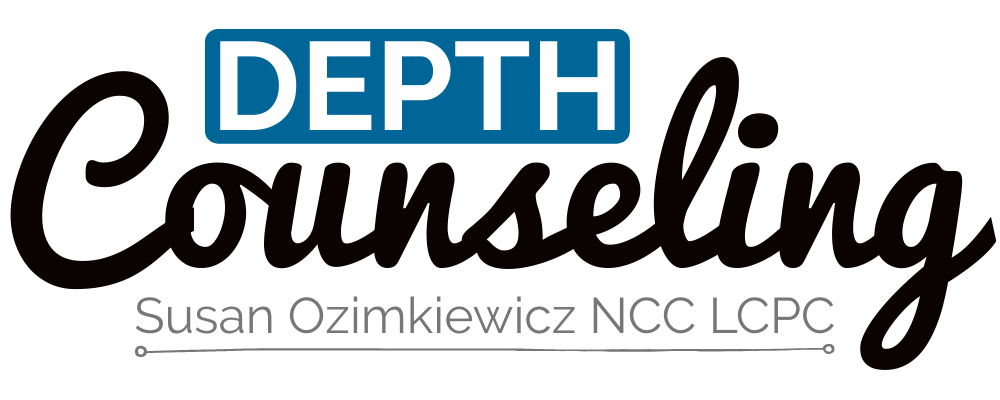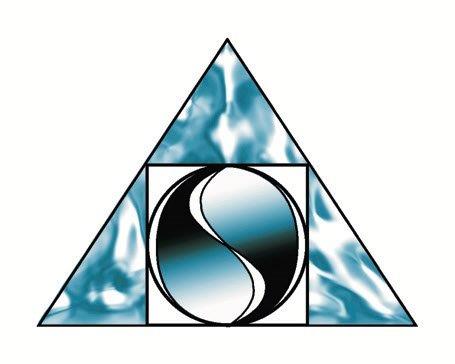Duty Demons or Off Duty
A duty dodged is like a debt unpaid; it is only deferred, and we must come back and settle the account at last. − Joseph Fort Newton
Many of my clients try to understand his or her life’s duty and obligations and want to know why they have to fulfill them. A duty is an obligation to act in a certain way or one is obliged to do it for legal, moral, or religious reasons. The word originally derives from the Latin obligare which comes from the root lig which suggests being bound, as one is to God, for instance, in re- lig io. An obligation can also be a felt requirement. It can be legal or moral. Justinian defined an obligation ( obligatio ) in his Institutiones , Book 3, section 13 as “a legal bond, with which we are bound by necessity of performing some act according to the laws of our State.” If an obligational duty is founded on the moral and ethical codes of conduct, then it is a moral duty. Sometimes you might consider a moral duty in terms of rules that carry a feeling of restraint. The “don’ts and shoulds,” as in don’t lie, cheat, steal, or you should follow through on your commitments, duties, and obligations. These types of rules and restricting commands comprise the so-called negative dimension of moral duty because they tell us what not to do. There is also a positive and affirming way we ought to be, such as keeping your word or promise, suspending judgment of others, show respect and compassionate kindness.
If one fails to perform or live up to a legal duty, one can be criminally prosecuted or sued. If there is the failure to live up to a moral duty, the external sanction is blame and condemnation — and if one has a well-developed conscience, feelings of guilt and shame can weigh you down. For instance, in the Broadway show or movie Jersey Boys, you can see the extreme lengths that Frankie Valli; lead singer of The Four Seasons went to. He lived up to this higher principle with keeping his word and promises both legally and morally with just a handshake. His duty and obligations caused him a great deal of sacrifice both financially and emotionally. Obligational duties that are performed with steadfastness, and loyalty are a higher form or code to right living. If these duties are shirked or promises broken, they can produce a deeper sense of personal guilt.
My son Marc, who has an Aikido Black Belt, reminded me about Giri as a basis of the Martial Arts. For example, since Feudal times, the Japanese word Giri can be translated into a burden of duty or obligation. According to Maniko Abe, the definition is “to serve one’s superiors with a self-sacrificing devotion.” The movie The Yakuza (1975), duty and obligation or giri is the theme of the story. The character Tanaka has a debt to Harry, a “debt that can never be repaid” for saving the life of his sister and her child in occupied Japan. Tanaka says, to a Westerner that giri is “the burden hardest to bear.” Abe explained that the basis of giri, since Feudal Japan is a moral obligation, ” a debt of gratitude and a self-sacrificing pursuit of their happiness.” The Japanese martial arts stress “loyalty or obligation.”
Off Duty
There is often a consequence when a person avoids their known duties and goes “off duty” because they are too busy, don’t want to be bothered, or are just plain not interested in fulfilling an obligational duty. The end result can be an individual’s encounter with an experience of their personal morality, which is a felt one. They are then subjected to guilt feelings that are hard to shake. This felt sense of guilt and shame, which is always about the past, are like your character’s gyroscope. This is your personal navigational radar system that says a mistake was made.
Two things fill my mind with ever-increasing wonder and awe: The starry heavens above me and the moral law within me. −Immanuel Kant
© Ozimkiewicz







